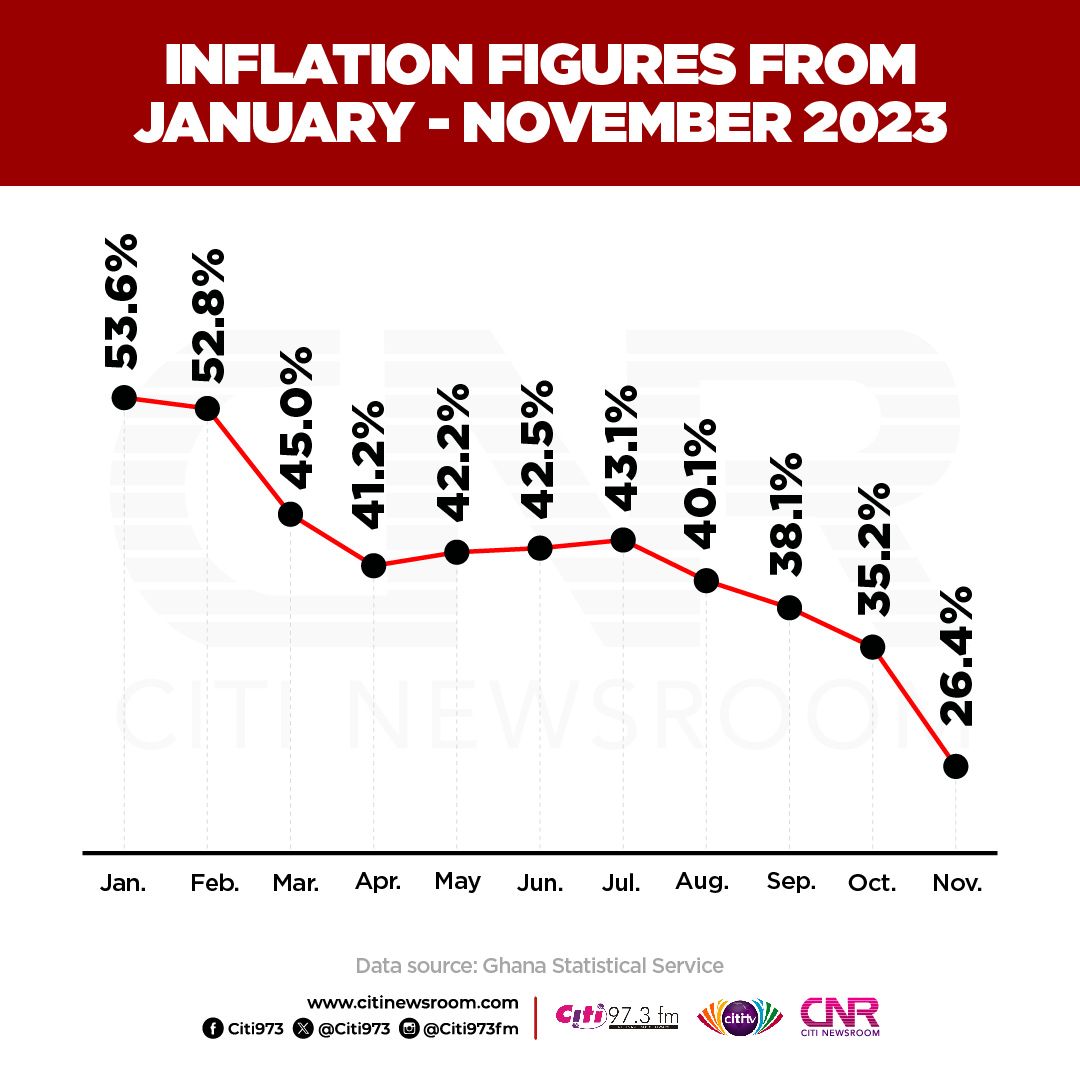
By Joshua AMLANU
Government plans to shift toward localised budgeting for the Sustainable Development Goals as part of efforts to close persistent development gaps and improve accountability in the final stretch to the 2030 deadline, Budget Director-Ministry of Finance Isaac Fraikue has said.
At the 2023 SDG Budget and Expenditure Report launch in Accra, the Budget Director said localising SDG budgeting will allow government to track progress more precisely across districts and improve the link between national targets and real outcomes.
The shift, he noted, is aimed at strengthening transparency, integrating better data and ensuring that the goals are reflected in spending decisions at all levels of government.
Mr. Fraikue said government remains confident of meeting the SDG targets. He noted that public agencies increasingly recognise links between their activities and specific goals, describing it as evidence that “generally, we are conscious” of the commitments.
Still, he acknowledged that some targets, including zero hunger, require deeper learning and adjustments as implementation continues.
The 2023 report outlines budget allocations, expenditures, policy interventions and progress across ministries and local authorities. Mr. Fraikue said the document provides “an explicit and measurable account” of how SDG targets are integrated into the budget, enabled through aligning national development policies with the country’s chart of accounts.
The report is part of government’s broader strategy to identify gaps and allow timely corrective action. Mr. Fraikue said the exercise goes beyond tagging and tracking expenditures, arguing that it “tells the story of Ghana’s development journey” and demonstrates government’s aim to ensure that no one is left behind.
Chief Director-Ministry of Finance Dr. Patrick Nomo said government has increased SDG-related spending significantly, pointing to a rise from GH¢83billion in 2022 to GH¢188billion last year.
He described the jump as evidence of the state’s commitment to advancing health, education, social protection and human capital development.
“This is not only a report but also a demonstration of our commitment,” he said.
Dr. Nomo urged development partners to accelerate their support, stressing that collective effort will be required to meet the targets. With five years left to the global deadline, he said, collaboration among government, donors and local institutions is essential for achieving the goals.
UNICEF’s country representative, Osama Makkawi Khogali, said the new SDG budget execution report is significant because it includes child-specific indicators for the first time.
He welcomed the move, saying it shows how resources are directed not only toward broad development priorities but also children’s well-being.
“It reflects your solid commitment to child rights,” he said.
The UNICEF official highlighted the scale of child poverty globally and in Ghana, citing data showing that 73 percent of Ghanaian children experience multidimensional poverty. He argued that addressing this requires targetted investment and deliberate policy choices, noting that the report offers evidence on whether resources are being directed appropriately.
Mr. Khogali added that with millions of children transitioning into the electorate every four years, their welfare has implications for future political and economic stability. He called on government and stakeholders to ensure that budgeting decisions reflect children’s rights and needs.
The post Gov’t eyes localised SDG budgets to fix long-standing gaps appeared first on The Business & Financial Times.
Read Full Story





















Facebook
Twitter
Pinterest
Instagram
Google+
YouTube
LinkedIn
RSS